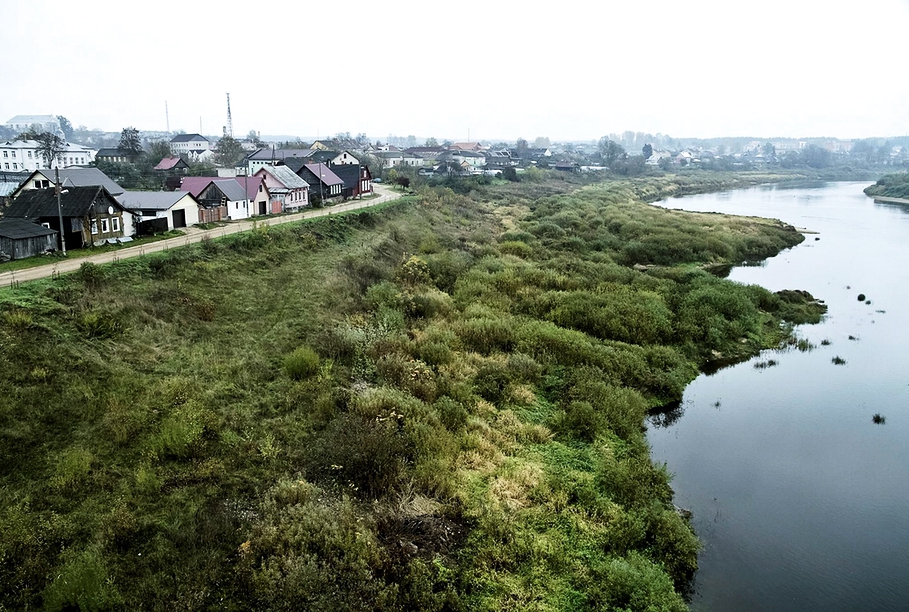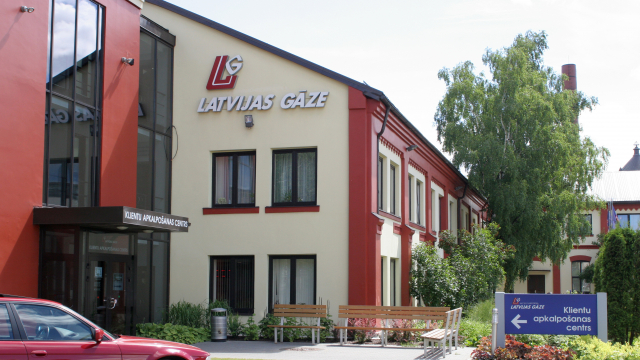As Latvian Radio (LR) correspondent Renāte Lazdiņa reported Tuesday from Piedruja parish in Krāslava district, where the Daugava is the only border between Latvia and Belarus, local people this far from the centers of power in Riga often feel forgotten.
At this farthest southern borderzone parish councilleader Ērika Gabrusāne told LR that journalists rarely, if ever, show up out there. “But one needs to know what’s going on here in Krāslava, too, what the people of Dagda are dealing with, they’re people just the same. Back in Ulmanis’ time (1930’s republic led by authoritarian dictator Kārlis Ulmanis) they tried to strengthen Latgale, bolster the border,” she said.
While not denying that people’s attention tends to wander mostly into the neighboring country’s overwhelming media space, Gabrusāne argued that it’s because they don’t hear anything about themselves from their own nation’s media.
“Journalists need to visit these parts more often and tell how people are living here, so they hear about themselves. And that will connect them to Latvian media,” she said.
A local pensioner Anna told LR she’s doing fine with her retirement payments and has no complaints. She hadn’t heard of the idea of a new Russian-language television channel. She suggested such a channel should have been created twenty years ago, as now folks living near the border will have to adjust to such a new medium.
“I’ve got my antenna turned toward Belarus, I watch Russia’s channels coming from there,” Anna explained. She added that the Russian-language service in the public media would be necessary, as it’s easier for her to receive the information in Russian. She complained that national cable service provider Lattelecom couldn’t ensure consistent interference-free viewing, so she was forced to choose Viasat.
In Indra parish Ērika and Anžela urged the government to hurry up with following through. “Look, you’re saying you’re thinking about such a channel, I’d say think faster, because as they’re thinking, we go on living here, working and integrating.”
Pjotr of Robežnieki village did however admit to consuming several media channels in both languages to get a full picture of events. “When I need to get information, I watch two or three channels at once,” refuting the claim that his neighbors in Robežnieki live in a single information space provided by media channels provided from Russia or Belarus.
Latgale Planning Region Council chair Alīna Gendele echoed the need to stay locally focused: “I would lean toward cooperation with regional mass media, they know what our local people want,” she said at a recent meeting of sector representatives for the Latgale Information Space project discussion in Daugavpils, adding that “to compete with the same Russian programs would be too hard.”
So as the discussion plods forward, in any case folks living in Latvia’s borderzones by Russia and Belarus say there is a lack of information about them and their lives in the public media.




























